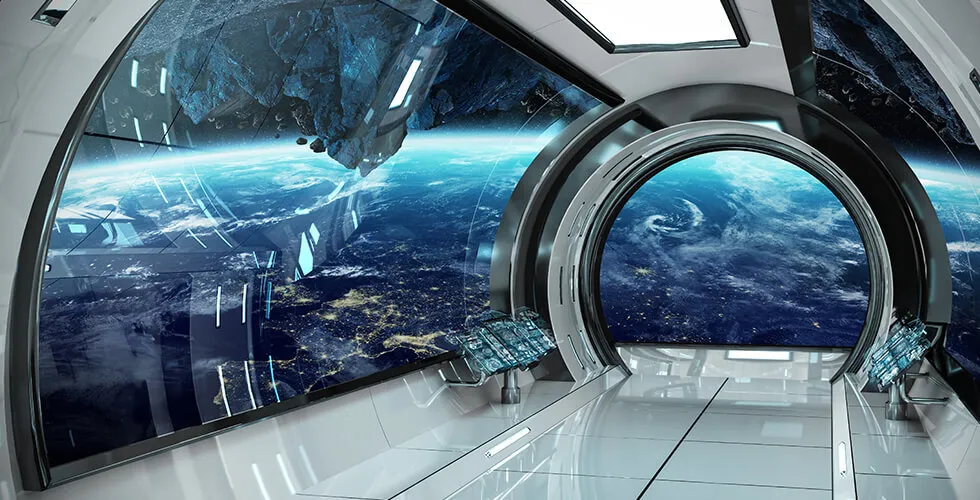
The International Space Station (ISS) is squeaky clean—but that might actually be bad for astronaut health. A surprising new study suggests that the ultra-sterile environment aboard the ISS could be contributing to immune system problems, rashes, and other mysterious space ailments.
NASA astronauts Sunita Williams and Barry Wilmore, who spent over nine months aboard the ISS (longer than the typical six-month stay), experienced issues that scientists are now linking to a lack of microbial diversity in space.
Back on Earth, our bodies rely on trillions of microbes—many of them good—for digestion, immune support, inflammation control, and more. But the ISS, constantly scrubbed with disinfectants, is almost completely devoid of these beneficial bacteria. Researchers found that most of the microbes on board come from the astronauts themselves—and their numbers are limited.
A team of scientists worked with astronauts to swab over 800 surfaces on the ISS, creating the most detailed microbiome map of the station ever. Results showed that skin bacteria dominate, and cleaning chemicals are found on nearly every surface. While hygiene is essential, this extreme sterilization may be suppressing helpful microbes and weakening astronaut immune systems.
Dining areas contained more food-related microbes, while the toilet had—you guessed it—plenty of urine- and fecal-related bacteria. Still, overall diversity was low, similar to sterile Earth environments like hospitals.
Space doesn’t need to be spotless—just balanced. Researchers suggest future space habitats should be designed to welcome beneficial microbes, not wipe them all out. “Sterile environments are not the safest environments,” said study co-author Rob Knight. “If we want life to thrive in space, we need to send more than just people—we need to bring our microbial allies, too.”

